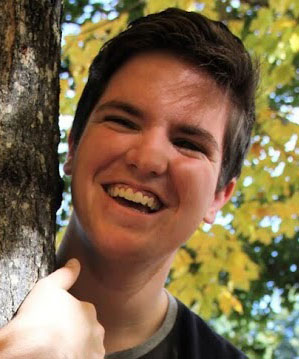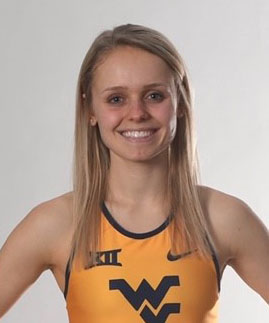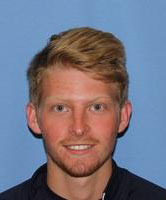research
My research aims to advance the understanding of complex flow fields to better optimize aerodynamic systems. I have investigated unsteady aerodynamics to increase wing performance, conducted high-fidelity heat transfer simulations to predict performance of body temperature management systems, and studied wing/rotor interaction to optimize a hybrid UAS system. I have expertise in computational fluid dynamics (CFD) and wind tunnel experimentation. My recent efforts have been focused on statistically quantifying motion of unstable aerodynamic bodies, in an effort to better understand the underlying physics of such motion. I have had the good fortune of collaborating with a diverse set of research partners and colleagues.
Research Group Members

Christopher Griffin, PhD
Teaching Associate Professor
Dept. of Mechanical, Materials and Aerospace Engr., WVU
Thomas Webster
Undergraduate Research Assistant
Pursuing BS in Mechanical and Aerospace Engineering
Andrew Winters
Graduate Research Assistant
Pursuing MS in Aerospace Engineering
Current Research Activity
Advanced UAS
My research group is actively working to increase efficiency of UAS while also working to decrease acoustic and visual signature. This includes research in the area of performance at asymmetrically loaded conditions, control logic development for hybrid platforms, and path planning with collision avoidance.
Aerodynamics and Behavior of Unstable Projectiles
In a highly collaborative research project, my group is working to better understand the kinematics of tumbling bodies and the role aerodynamics plays in the behavior. This involves static and dynamic CFD simulations, combined CFD/6DoF simulations, and sub-scale free-flight testing.
Hunter J. Dennison, Nathaniel Michek, Wade Huebsch and Christopher D. Griffin. "Unique Approaches for Developing CFD Coupled 6DOF Simulations When Studying Tumbling Bodies," AIAA 2025-2295. AIAA SCITECH 2025 Forum. January 2025. https://arc.aiaa.org/doi/10.2514/6.2025-2295
Research Group Alumni/Alumnae

Ross O'Hara
James Shope
Michael Farha

Jonathan D'Alessio

Eamonn Payton

Noah Trimmer

Hunter Dalton

Reuel Zinn

Amina Irfan

Hunter Moore

Ellie Gardner
